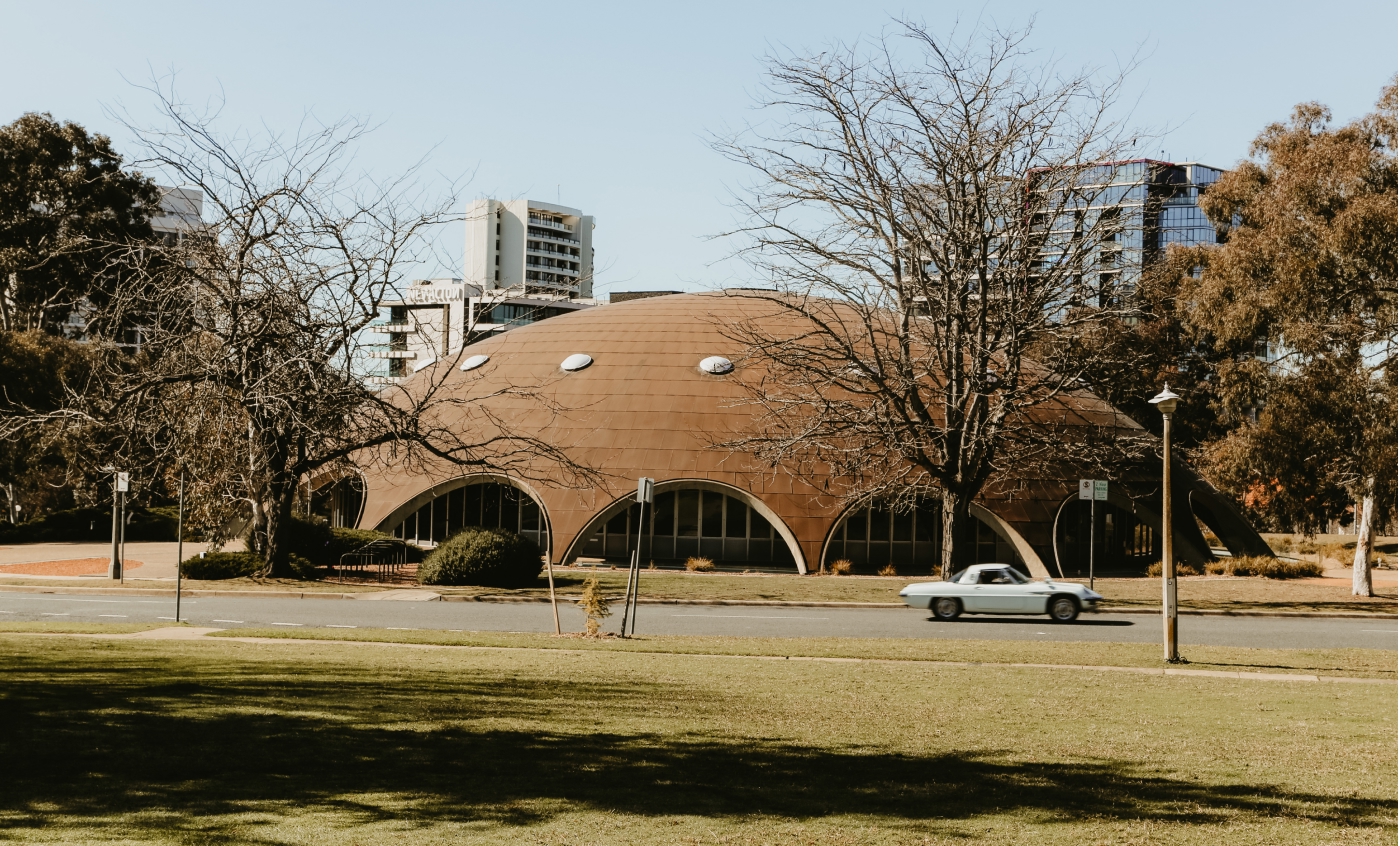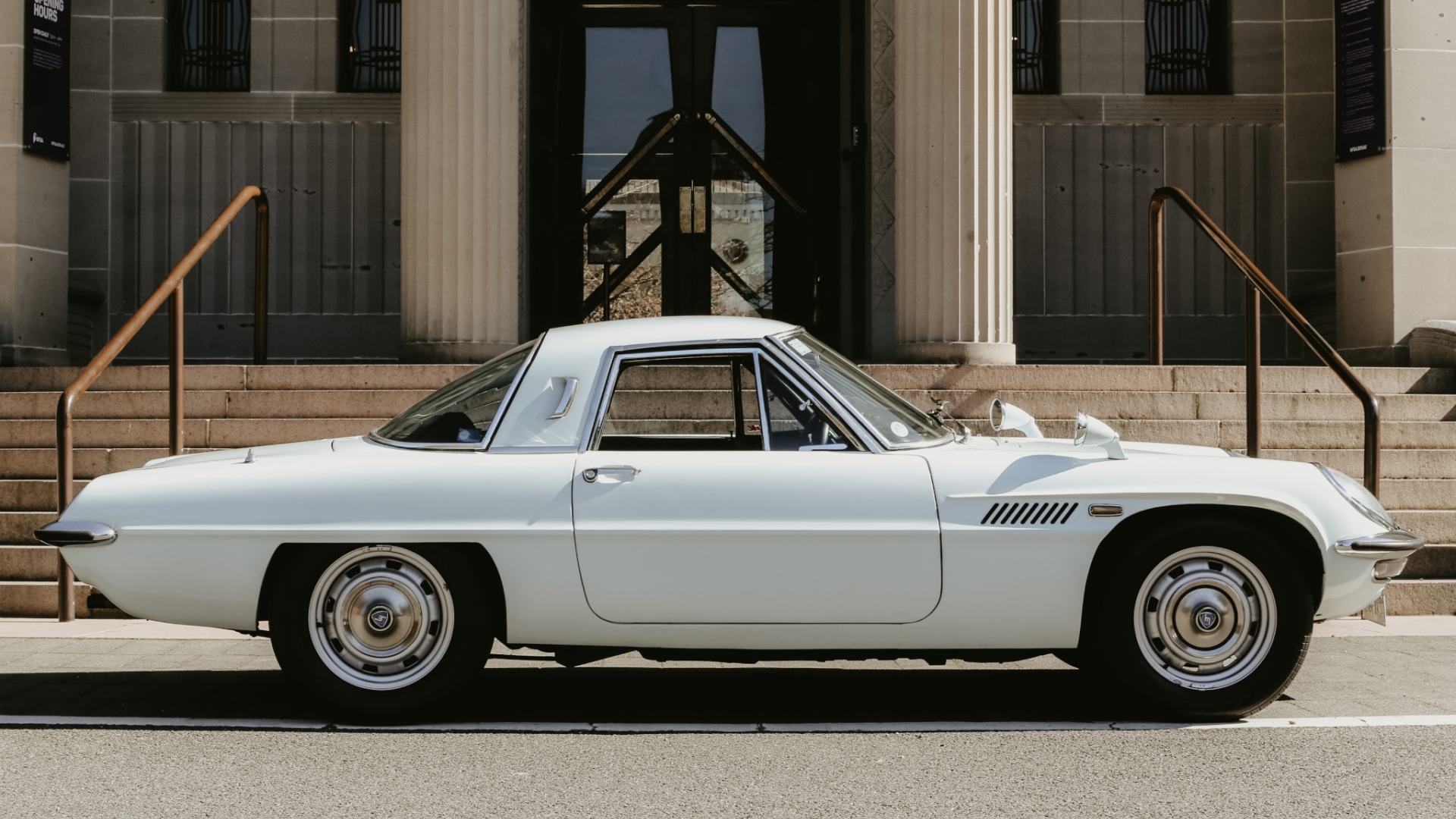
Steve's 1971 Series 2 Mazda Cosmo: A MazdACT Story
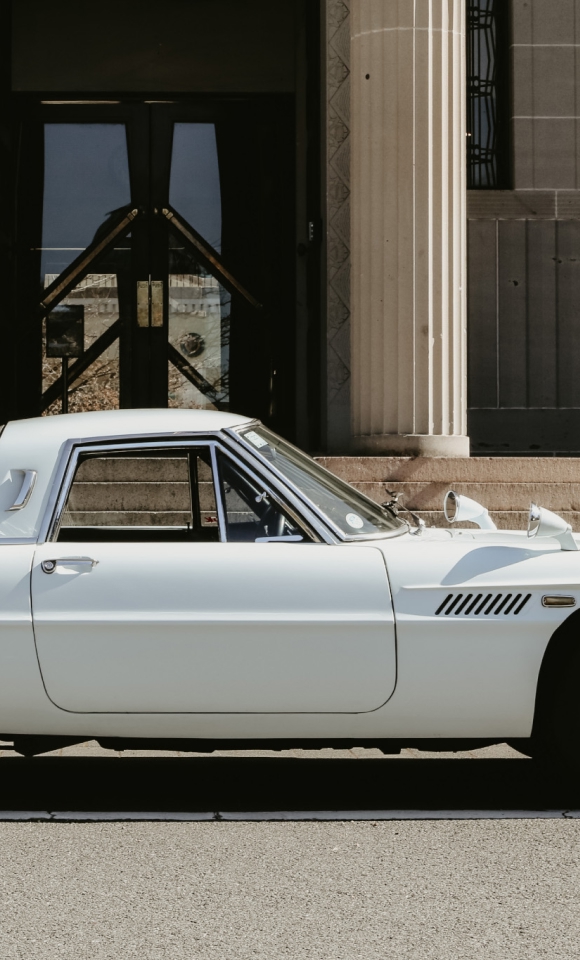
Steve's 1971 Series 2 Mazda Cosmo: A MazdACT Story
This article originally appeared on StreetScene – a website dedicated to the car scene in Australia – and was written by Justin Bush on behalf of MazdACT (Mazdas of the Australian Capital Territory). Photographed at the Australian National University by Photographer Sal Witchalls at Snaps By Sal Photography feat Steve and the 1971 Series II Mazda Cosmo.
Steve began his Mazda journey early in life with a bright red 1974 RX2 sedan as his first car. It had a 13B engine built by legendary Mazda mechanic Jon Waterhouse of Reliance Automotive and was an addictive little rocket-ship. It was from here that a lifelong passion for rotaries would lead him to obtaining what is considered the great-grandfather of Mazda rotaries; the Cosmo Sport.
“My very first car was a RX2 Capella, four door. I was 17 years old. The engine had been recently replaced with a 13B extend port – built by Jon Waterhouse at the time. It was an incredible little car; and it’s a bit of a bug, once you’ve driven a rotary it stays with you forever. I’ve been fortunate enough later on in life to be able to reacquire some rotors, but the Cosmo is pretty special given how rare it is and the world-wide appeal of the model.”
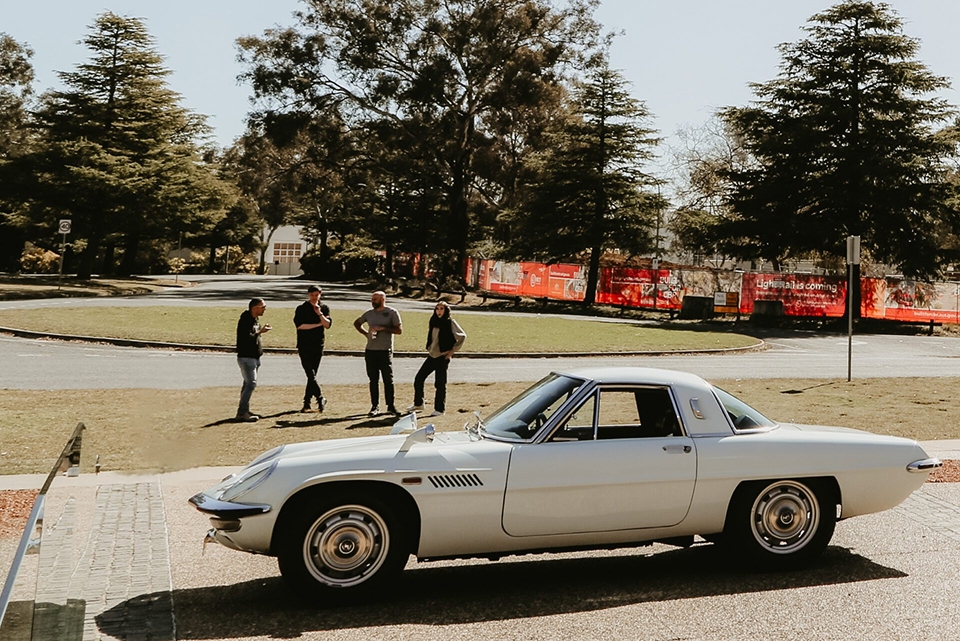
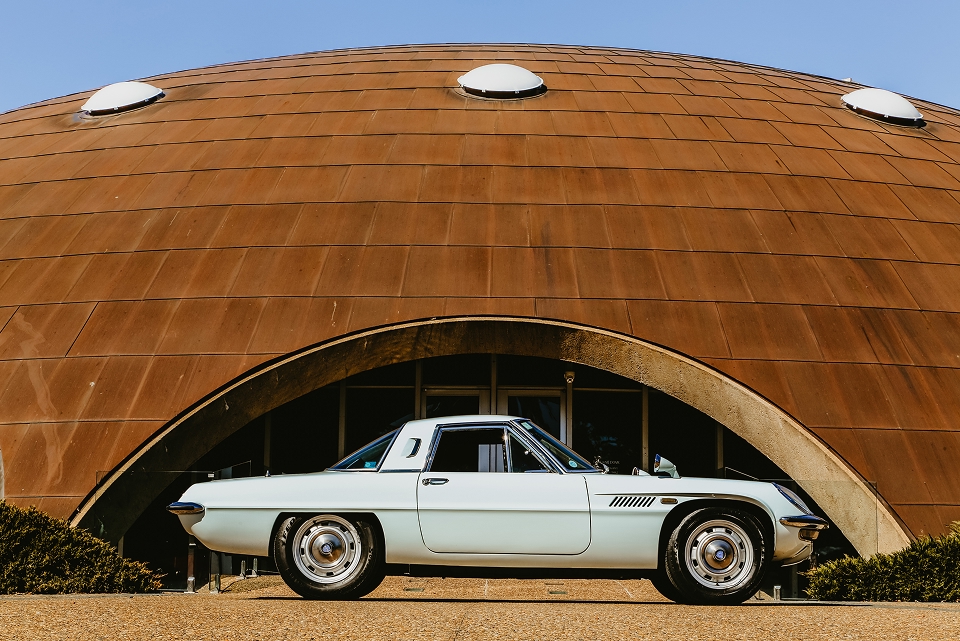
Mazda chose the name Cosmo as a reflection of the international cultural fascination with the space race, showcasing the rotary engine as forward-thinking with a focus on future developments and technology. This model, a 1971 Series 2 (L10B), spent many years in the ownership of a private collector in Japan before being shipped to New Zealand. Its global appeal would result in a private collector from the UK then sourcing the car and ultimately, in early 2021, the Cosmo finally arrived on Australian soil.
After a thorough inspection and tune by Reliance Automotive, the only major work required was the replacement of the original 52-year-old fuel pump, with an exact replacement sourced and installed. An aftermarket stereo system was installed sometime in the 1980’s and so too an aftermarket steering wheel added for ease of driving.
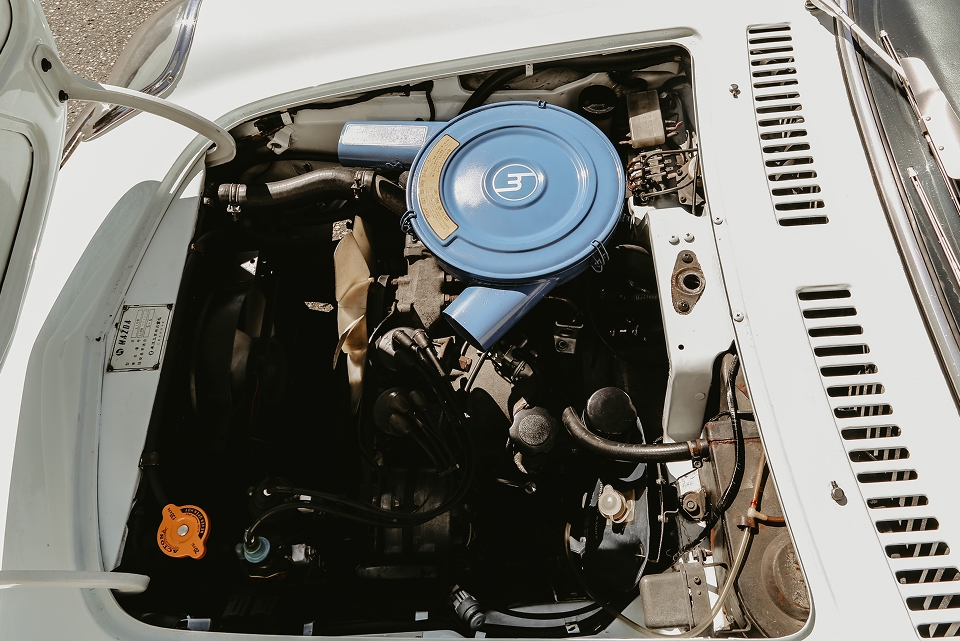
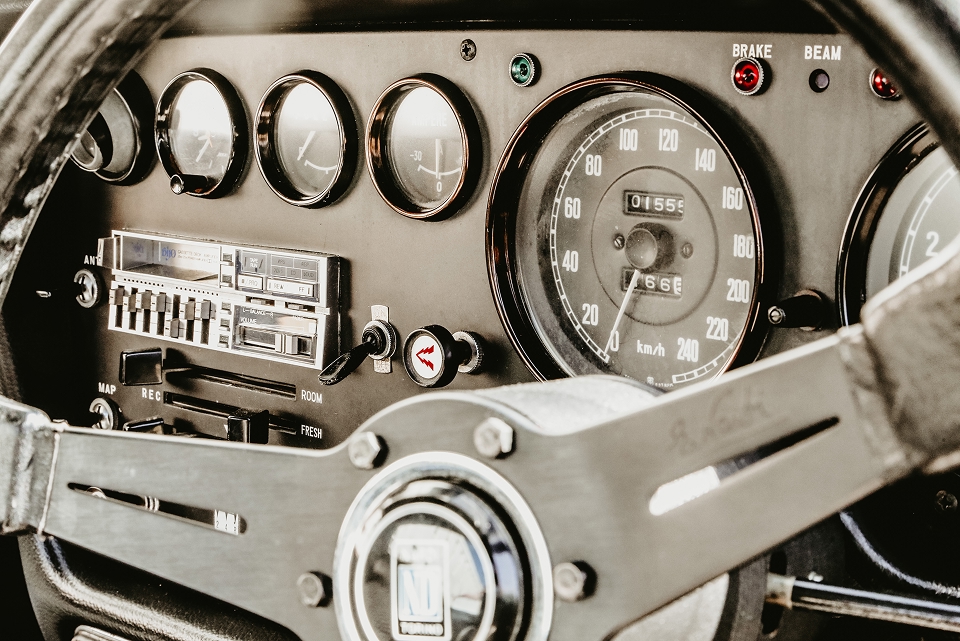
“It wasn’t running a hundred percent when it came over, so it spent about two months with Jon Waterhouse. We added reproduction stickers on the engine bay, but the only thing it needed was a good tune. The carburetor, for example, is handmade. The whole car is handmade. Once he went through it, it was a dream to drive.”
Mazda produced the Cosmo in very limited numbers with only 833 Series 2’s ever built. Every Cosmo was handmade by Mazda technicians instead of on a production line as per other Mazda’s at the time. The Series 2 Cosmo’s were also more powerful than the Series 1 that they replaced, and in their day could execute a brisk quarter mile time of 15.8 seconds – incidentally quicker than a 350 GTS Monaro of the same era.
“It’s an original 10A engine. The Cosmo’s only came out with the original 10A, similar to the R100’s. The castings on the original 10A for the Cosmo’s are completely different to all the other Mazda’s,” Steve confirms.
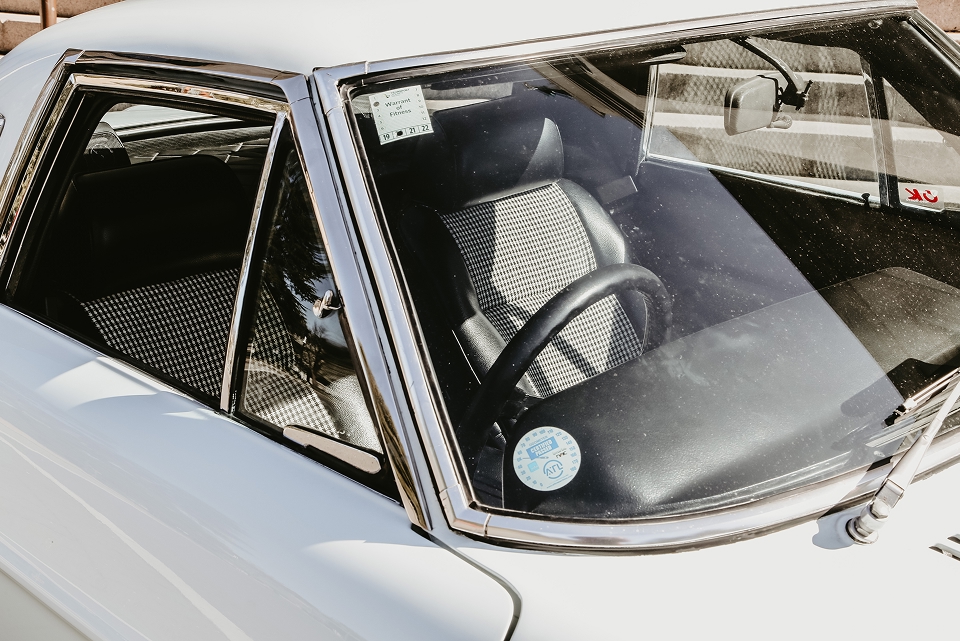
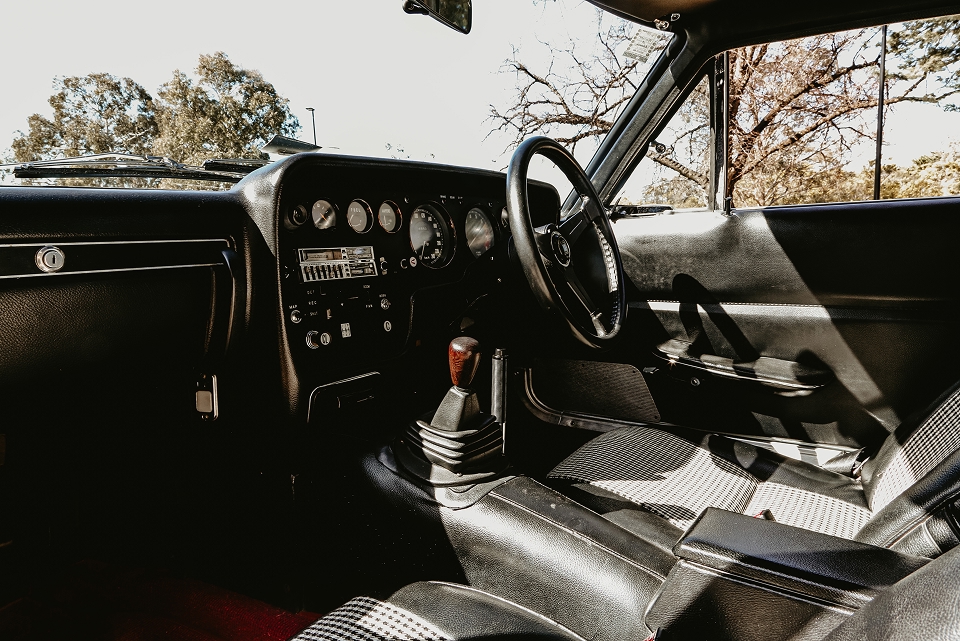
Steve believes rare cars like the Cosmo should be drivable museum pieces, such as those seen in Japan and Germany. Drawing the attention of several members of the public during this story alone, the Cosmo both intrigues and captures the minds of anyone fortunate enough to see it. He believes these vehicles are works of art in their own right, and that they need to be driven, shared and enjoyed by all.
“I think there will always be a place for these old cars. With research on synthetic fuels, I don’t think internal combustion engines are dead by any means. Cars will be something that you can always look at and appreciate. It’s another form of art, whether it’s a painting, a nice building, or a rolling piece of automotive art, the public continue to appreciate it.”
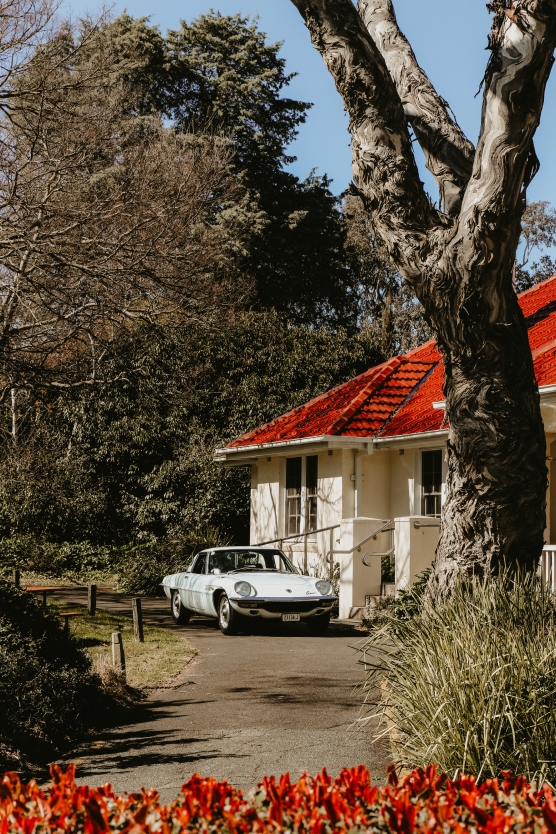

MazdACT (Mazda's of the Australian Capital Territory) is a collective of passionate Mazda enthusiasts featuring classic rotaries, modern turbos, guest clubs and everything in between. Located in Canberra, the group is active twice monthly with events such as meets, nightly showcases, local region cruises, track days and collaborations with small businesses that give back to the community.
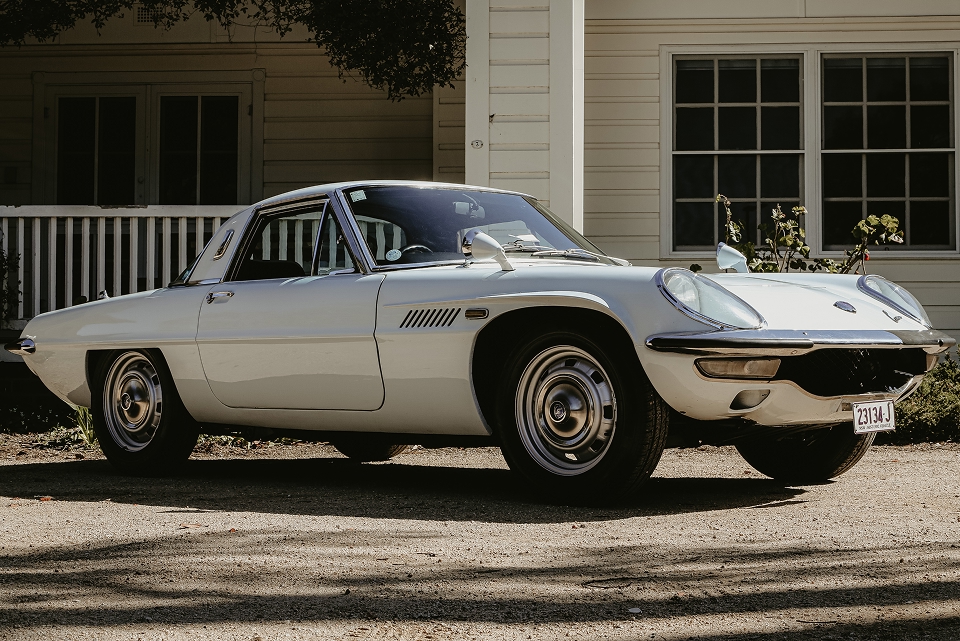
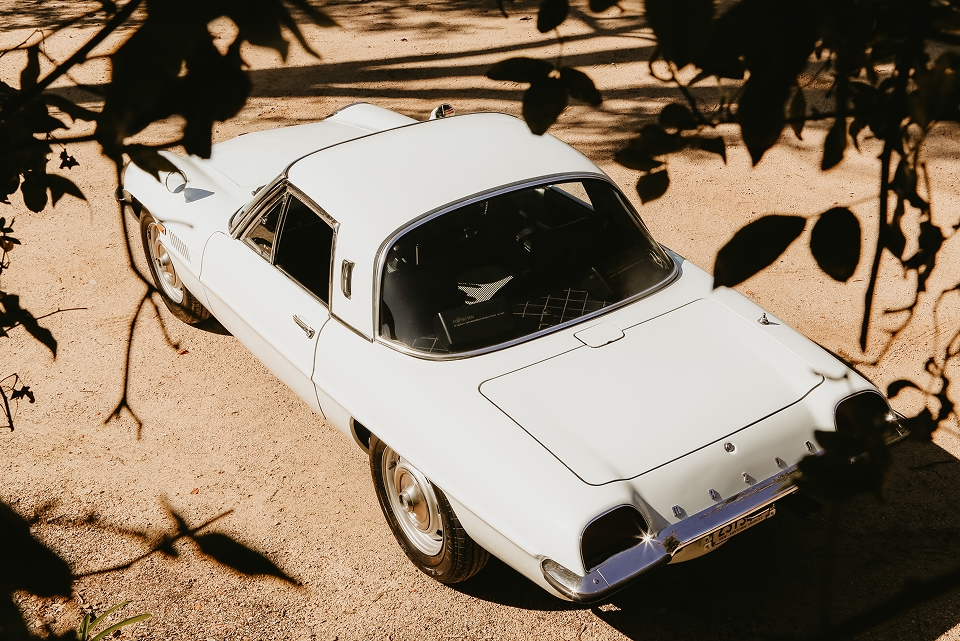
MazdACT also realises the importance of mental health and embraces a shared community of support and investment in programs via events such as the premier annual event, Canberra RX7’s day.
